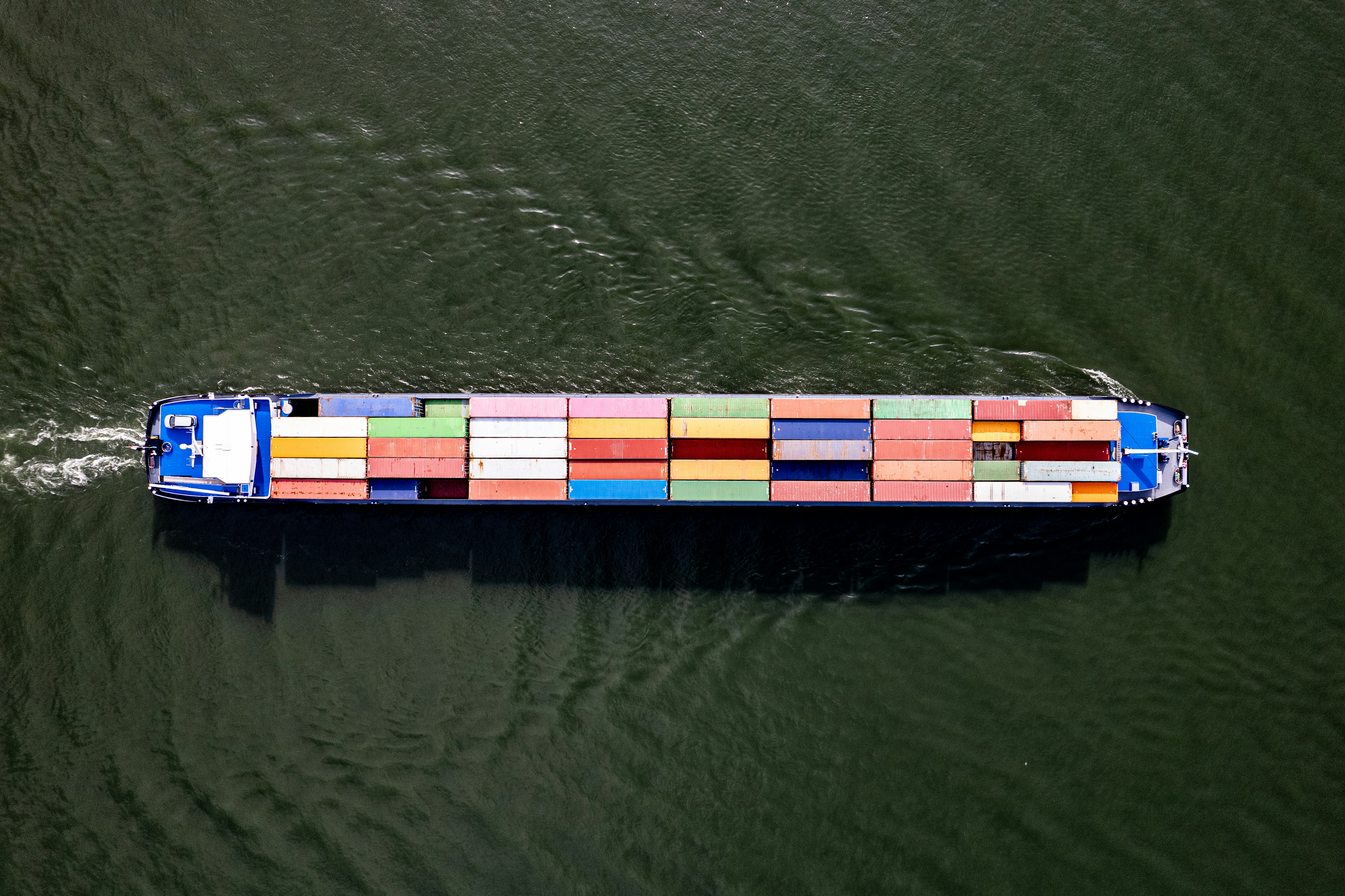Sep 17, 2024
In an increasingly interconnected world, political unrest doesn’t just disrupt nations—it has far-reaching effects on global supply chains. Events such as protests, regime changes, and geopolitical conflicts can have devastating consequences for businesses dependent on global networks. To effectively manage these risks, it’s essential to understand the mechanisms by which political instability impacts supply chains and how companies can prepare.
1. Supply Route Disruptions
One of the most immediate effects of political instability is the disruption of supply routes. Strikes, blockades, and transportation halts can delay the movement of goods and materials across borders. Research from the World Economic Forum shows that political unrest often leads to such disruptions, affecting not only the availability of goods but also production timelines (1). In countries like Brazil, post-election protests have caused significant delays in agricultural exports, a critical element of the global food supply chain (2).
2. Escalating Costs
Political instability drives up the cost of doing business—particularly through increased transportation and logistics costs. According to a report by the Harvard Business Review, businesses often face rising fuel prices, shipping delays, and premiums for expedited services during times of political unrest (3). For example, the ongoing conflict in Ukraine has led to energy shortages and price hikes that have directly impacted companies reliant on global transportation routes(4).
3. Diversification of Suppliers
Diversifying suppliers is one of the most effective ways to mitigate the risks associated with political instability. As highlighted in the Journal of Supply Chain Management, businesses that rely on a diverse range of suppliers—across multiple regions—are better positioned to handle disruptions (5). By not depending too heavily on one region, companies can maintain operational continuity even when a specific supplier is affected by political unrest.
4. Proactive Risk Management
To safeguard operations, companies need to adopt proactive risk management strategies. PwC’s Geopolitical Risk Report emphasizes the importance of identifying regions vulnerable to political upheaval and implementing contingency plans to minimize disruption (6). Developing strong relationships with local stakeholders, diversifying supply chains, and maintaining real-time visibility of global events are essential steps in preparing for and mitigating these risks.
5. The Future of Global Trade
As political instability continues to rise, businesses must rethink their approach to global trade. Whether it’s through technology like blockchain to track shipments or through partnerships with suppliers across less volatile regions, adaptability is key. The World Economic Forum predicts that companies that proactively manage political risks will not only survive disruptions but will also find opportunities for growth (1).
Conclusion
Political instability is an ever-present threat in today’s global economy. From supply chain disruptions to skyrocketing costs, the effects of unrest can be far-reaching. However, by diversifying suppliers and adopting proactive risk management strategies, businesses can minimize these impacts and protect their operations. As the global landscape becomes increasingly volatile, preparing for instability is not just advisable—it’s essential for long-term success.
References:
(1): World Economic Forum, “Global Risks Report 2023.”
(2]: Kettering University, “The Impact of Political Instability on Global Supply Chains.”
(3): Harvard Business Review, “The Hidden Costs of Political Unrest for Global Businesses.”
(4): Control Risks, “Commodity Prices, Supply Chain Pressures to Drive New Wave of Unrest.”
(5): Journal of Supply Chain Management, “Mitigating Political Risks through Supplier Diversification.”
(6): PwC, “Mitigating the Impact of Geopolitical Unrest on Supply Chains.”




